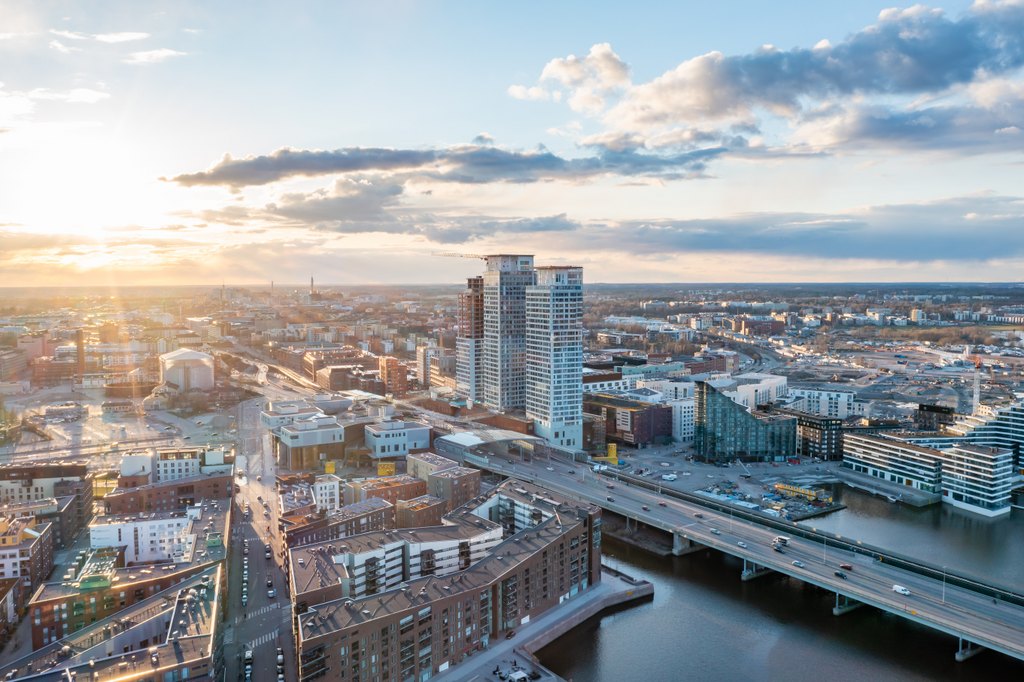The Baltic Sea Action Group (BSAG) is a non-profit foundation aiming to restore the ecological balance of the Baltic Sea. Since 2020, Gofore has been part of BSAG’s Carbon Action network, seeking ways to accelerate and scientifically verify carbon sequestration from the atmosphere into farmland.
“Food production has significant environmental impacts. How fields are managed and treated can influence carbon sequestration and nutrient loading in water bodies,” says Jenni Jääskeläinen, Project Manager in Regenerative Agriculture at BSAG.
The goal of the collaboration between Gofore and BSAG is to develop regenerative farming using modern data processing and user-centred design methods. Regenerative farming is a holistic approach that revitalises the entire ecosystem.




